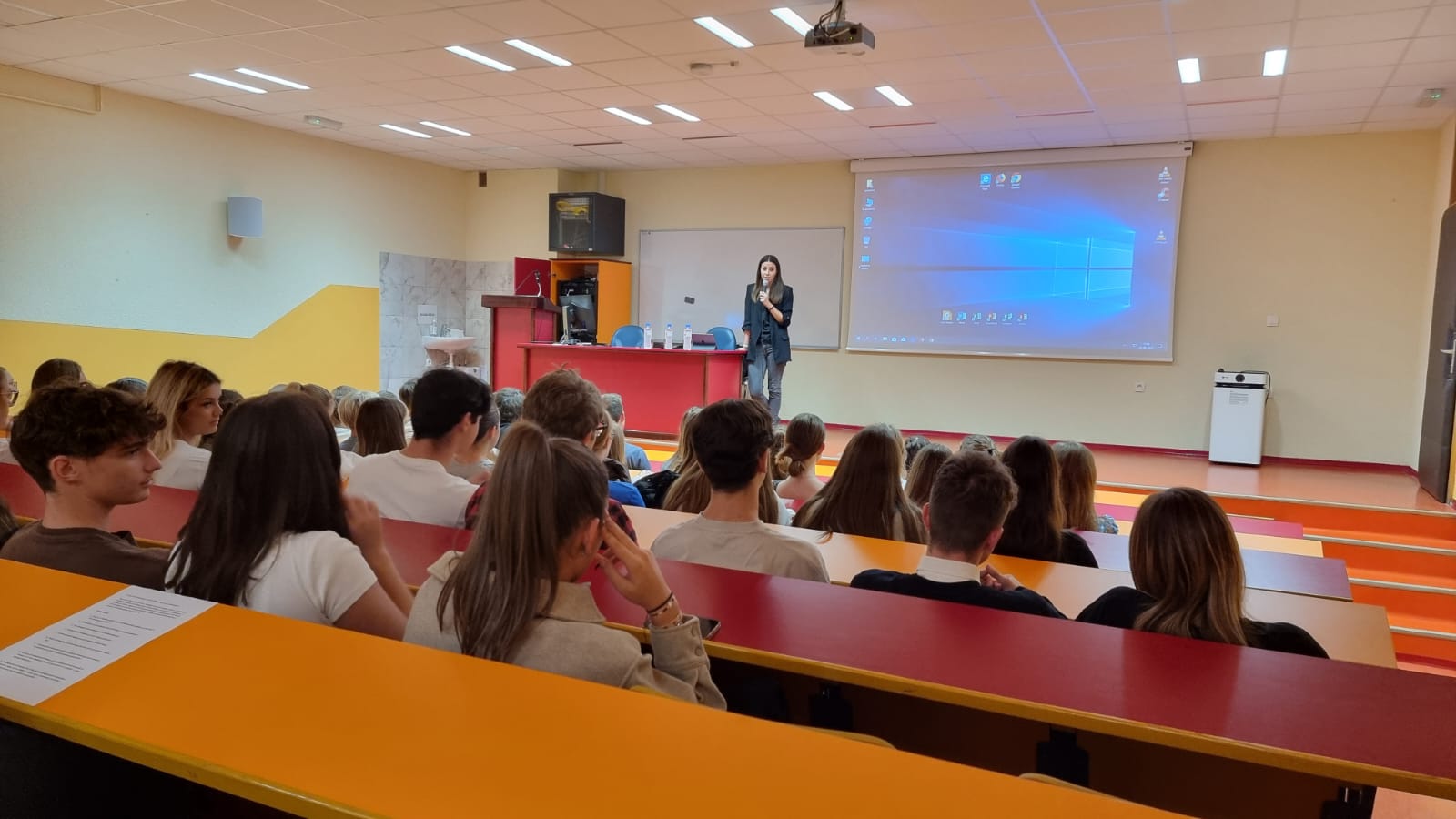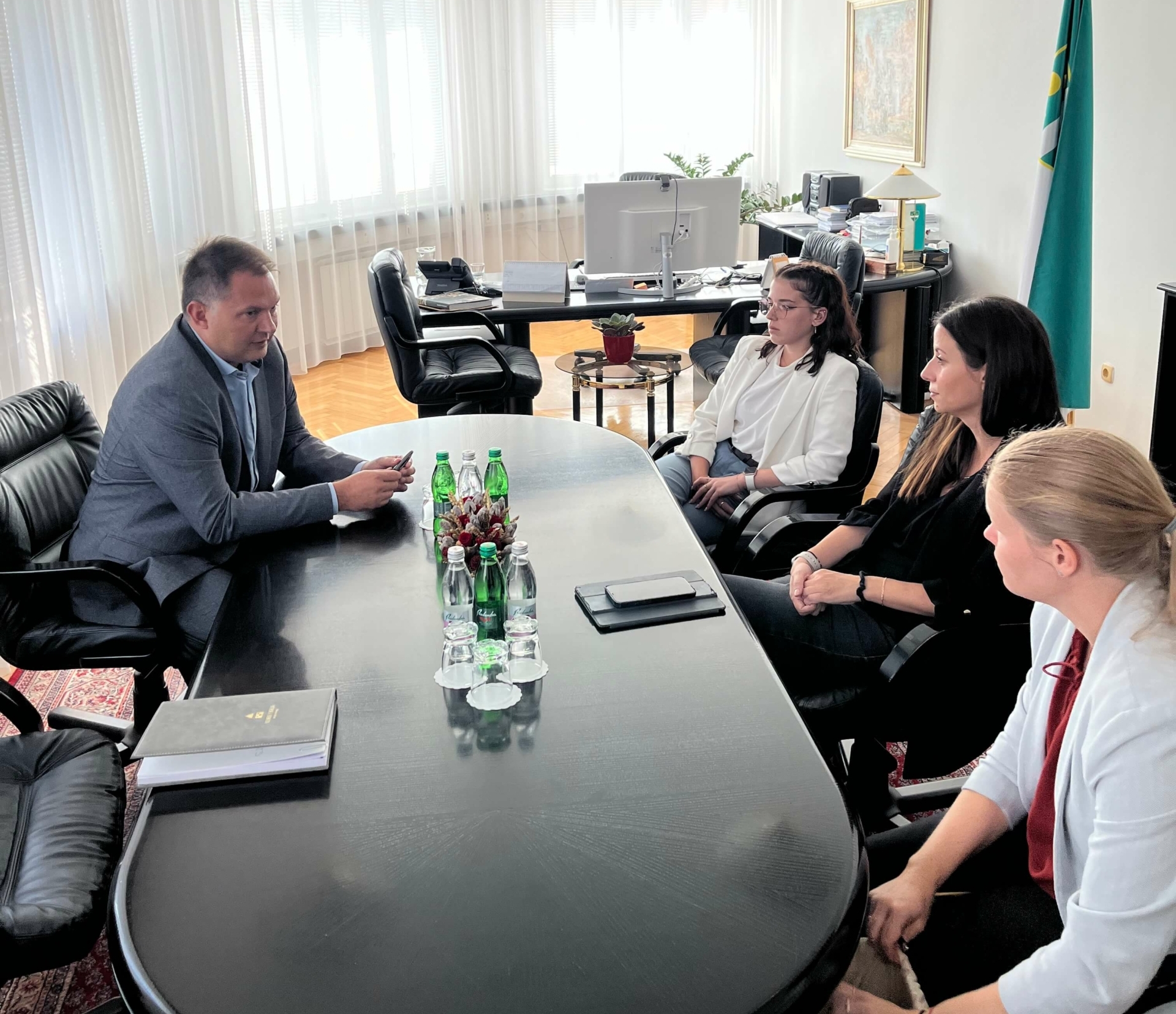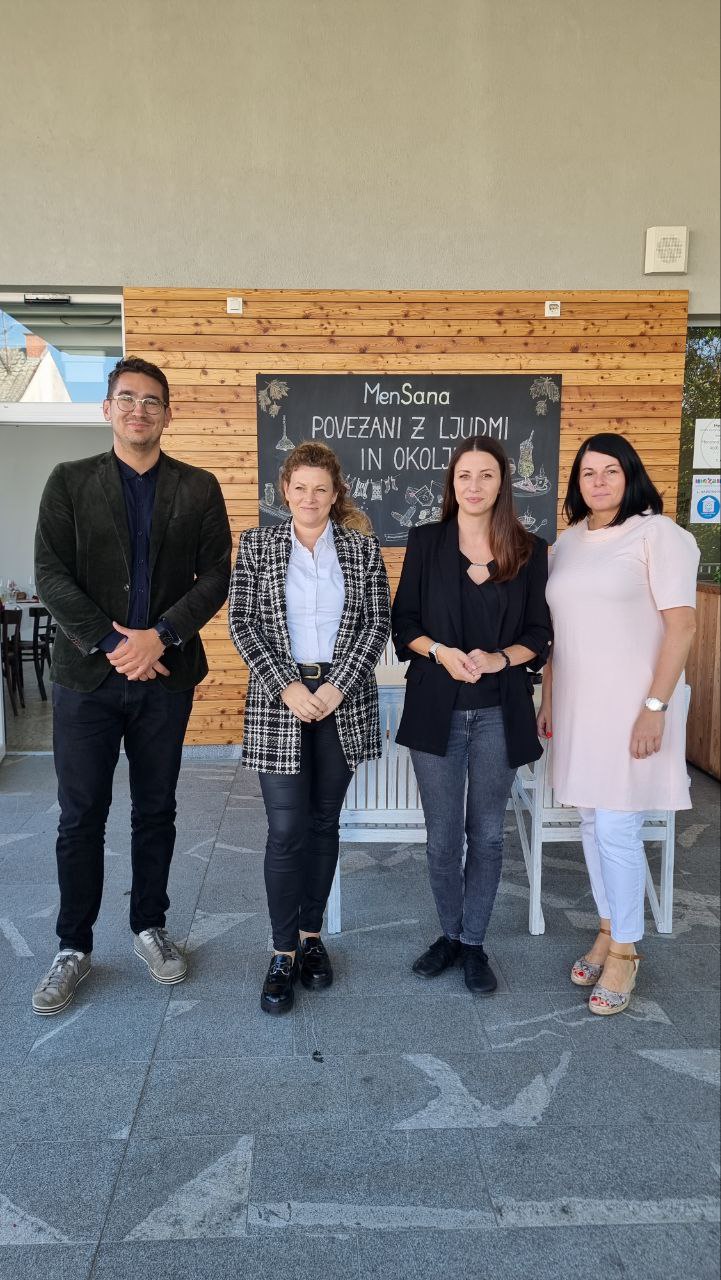On Thursday, 26 October 2023, MEP Joveva wrote to Věra Jourová, Vice-President of the European Commission and Commissioner for Values and Transparency, Thierry Breton, Commissioner for the Internal Market, and Iliana Ivanova, Commissioner for Innovation, Research, Culture, Education and Youth, making a public call for a revision of the European Audiovisual Media Services Directive (AVMSD) in order to complement or extend the obligation of video-sharing platforms operating in EU Member States to provide their content with subtitles or dubbing in all official languages of the European Union.
The existing AVMSD currently enforces the principle of non-discrimination in commercial communications and includes provisions for ensuring accessibility for people with disabilities. However, Joveva believes that the principle of non-discrimination (on the grounds of sex, racial or ethnic origin, nationality, religion or belief, disability, age or sexual orientation) should extend to all audiovisual content and that the prohibition of linguistic discrimination should be explicitly stated, while the accessibility requirements – to be met through subtitling or dubbing – should apply to the entire general population, i.e. to all speakers of all official languages of the European Union.
Foreign video-streaming providers such as Netflix or Disney+ are currently not obliged to comply with national laws due to the EU’s “country of origin” principle. This means they are registered in one Member State alone (e.g. Netflix in the Netherlands) to provide services across the European market and are therefore only subject to that country’s regulations. This allows them to avoid the legislation applicable in other Member States.
In order to tackle this issue, two new articles that focus on the coordination of national regulators have been incorporated into the European Media Freedom Act. However, to ensure successful implementation and fully address the problem, the AVMSD must also be supplemented.
After sending the letter, Joveva said:
“I have already directly requested video-streaming providers and their managements to respect all EU languages by translating, subtitling or dubbing (for children’s content) their content into Slovenian. Their excuses and delays have led me to take action with the persons responsible at the European Commission, as it is more than obvious that it is time to regulate the matter through EU legislation. Until language discrimination is officially banned in the EU market (including the digital market), companies will be inclined to move too slowly or not at all. Moreover, it is important to remember that Slovenian is not the only language that is discriminated against in this manner, and the platforms concerned avoid complying with national provisions, such as the Public Use of the Slovenian Language Act, which is currently being amended by the National Assembly. The European Union is committed to strengthening, promoting and maintaining linguistic diversity, and any discrimination on the basis of language is prohibited by fundamental treaties, such as the EU Charter of Fundamental Rights. I insist that private companies conducting business in the EU internal market and providing services throughout the EU should comply with this, and it is the EU’s duty to explicitly state this in its legislation. Respect for linguistic diversity is a bare minimum that should be self-evident. In practice, however, large US corporations in particular discriminate against less-spoken languages, which – incidentally – I also see in other areas, such as with content moderation rules on online platforms. At a time when the internet plays an increasingly important role in our daily lives, we must all work together to ensure that all EU languages are treated equally, as this is essential for their survival and continued existence, including for Slovenian. The legislative process in the European Union is usually lengthy, but this does not mean that we should sit idly by and wait forever for multinationals to move, which they will not do without concrete, especially legislative pressure. I am convinced, including on the basis of the informal talks we have had so far, that we will be able to regulate these matters at EU level in the foreseeable future.”
For your perusal, please find attached the original letter in English (Letter to European Commissioners) and Slovenian (Evropska komisija revizija AVSMD).



